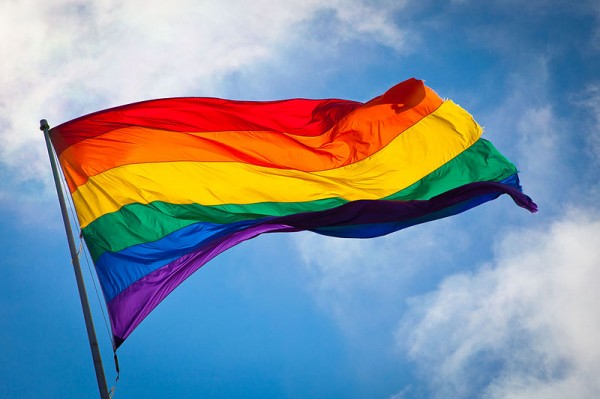Harvard's LGBTQ Faculty Position Sets An Example
 Photo by Benson Kua via Wikimedia Commons
Photo by Benson Kua via Wikimedia Commons
As if Harvard needed any more time in the spotlight, last week it became the first university in the country to appoint a professor to an endowed faculty position for LGBTQ studies. The appointment of Henry D. Abelove, a 1966 Harvard graduate, for teaching classes on LGBTQ issues should serve as an example for schools around the country and, specifically, in the Boston area.
Although Boston is known as a gay-friendly city, this acceptance does not always translate to the area’s college campuses, especially at more conservative schools like Boston College, which ranked No. 13 in the country on the Princeton Review‘s 2011 list of ‘Most LGBT-Unfriendly’ schools. (Compare that to Emerson College taking the top spot on the ‘Most LGBT-Friendly’ list, alongside Wellesley, Smith, and Brandeis.)
Emerson, for example, offers a minor in Women’s, Gender and Sexuality Studies, while BC offers a Women’s and Gender Studies minor, but does not offer any courses studying sexuality. At these schools, support for LGBTQ students is mostly left to the student organizations—not the administration. This week, many schools are hosting celebrations and events in support of National Coming Out Week, including Boston University, Emerson, Harvard, MIT, Northeastern, Tufts, and even BC. Events like these—as well as student groups like the GLC at BC or Spectrum at BU—help students feel comfortable, but it’s not likely that they’ll feel fully accepted until their administration fully supports them.
At BC, the conservative administration has always created unnecessary tension on campus for LGBT students. This dates back to 2005, when the administration abruptly decided to cancel a dance organized by the Gay Lesbian Bisexual Transgender Leadership Council (GLC) called the “AIDS Benefit Gala: A Celebration of Diversity,” drawing protests from many students.
In 2009, the GLC at BC finally hosted its first Gala that was well-received by students. BC’s student newspaper The Heights commended the administration:
“We commend the administration… for their willingness to compromise. As GLC Co-President Elizabeth Ryan, A&S ’09, told The Heights, the gala is symbolic of the fact that the administration no longer views the GLBTQ community as people to be dealt with or swept under the rug. They have taken great strides toward treating the issues raised by the GLBTQ community as significant and worthy of addressing.”
Then, last February, the GLC announced in their platform called ‘To New Heights’ that they are still working to be fully incorporated by the university and recognized as a student group. The group also said to The Heights that it has been difficult to get administrators to listen to their concerns:
‘To New Heights’ is presented to the Board of Trustees every time [Mike] Kitlas [Undergraduate Government Student Body President] meets with them, but they have yet to acknowledge receiving it,’ Tingley [GLC Vice President] said. ‘The president is unreceptive to talking about these things.’
One of the GLC’s projects is to create ‘Safe Spaces’ on campus where LGBT students can go to have a physical place on campus where they are accepted. This has been difficult to implement because of the administration, according to Tingley:
“We want to show students that this would be a place where they could feel safe and accepted,” Tingley said. “We have a list of professors, staff, and administrators who would be willing to do this. We want to see something on people’s doors. We want an institutionalized program. The administration doesn’t want to imply that there are unsafe spaces on campus because it is bad for the image of the school.”
All of this is not to say that BC—and other colleges and universities—can’t come a long way. Even the proposal of a Gay Student Center at Harvard sparked controversy back in 1995. But with Harvard now coming full circle by hiring a full-time faculty member teaching classes that focus specifically on LGBTQ issues, it’s never too soon for other colleges and universities to follow suit.


